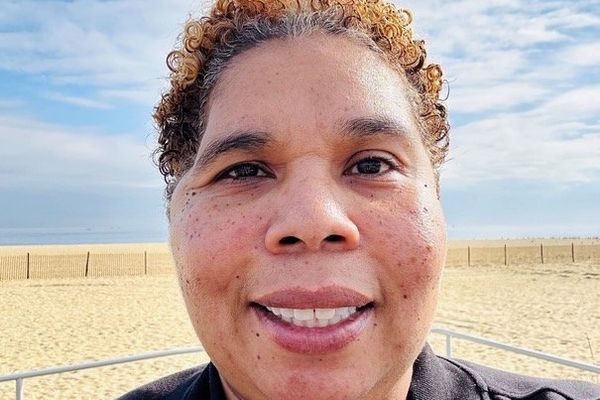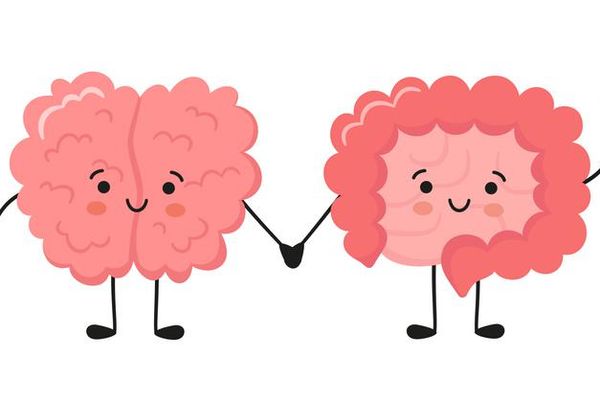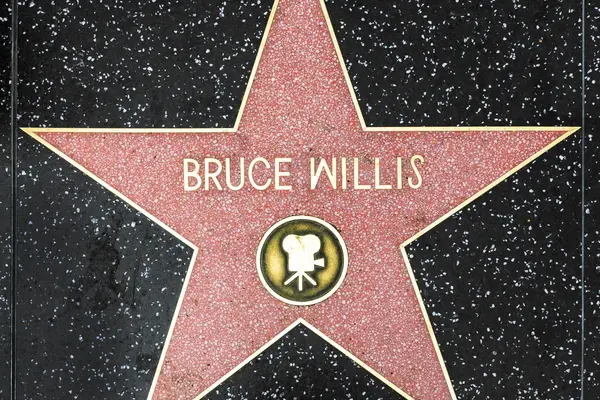I once left my cell phone in the freezer. My favorite black pashmina has been missing for nine months now, in all probability draped over the shoulders of an unscrupulous stranger who picked it up wherever I walked off without it. And don't even get me started on the countless pairs of reading glasses I have known, like the aqua ones with the little delicate flowers on the side that everyone – including me – loved. For the life of me, I can't remember where I left them, or even where I wore them last.
C'mon, speak, memory! But it won't speak; it won’t even whisper to me on certain days.
I wonder: am I different from any other adult my age?
No, if it's any comfort (it is; a little). Something happens to our brains as we slide into middle age. Scientists do confirm this. The brain slows down. It forgets. It tenuously hold onto facts, figures, things we read, movies we saw and then – bang! – just as quickly as the door to our memories opens, it slams. It may be losing a favorite item, forgetting a familiar name or even forgetting that we've already read that book that we're halfway through (for a second – or maybe even a third - time).
Brain scans show that as we age, our processing speed slows down. We are more distractible and have more trouble focusing. We want to remember, but memories fade. What did I come in here for? What was I just going to say?
It's a common middle-age mantra.
Okay, time to cheer up! I don’t want to make this all gloom and doom. I came across a story on NPR about Barbara Strauch, a science writer who (thankfully) has written a book called The Secret Life of The Grown-up Brain. (I haven't read it yet, but plan to). Although I'm fully aware that some of us never do grow up, she's covering people between 40 and 65.
What struck me about Strauch's research is that she says that as time passes, our brain actually improves in certain areas. For instance, take the wisdom we get with age. Strauch says that the brain's fatty white matter that coats the tails of our brain cells and is important to the middle-aged brain, increases as we experience and learn things. As a result, we see connections, size up a situation, see the big picture – better than we did when we were in our 20s. (While I like good news as much as the next person, indulge me and let me play devil's advocate for a moment. Could it simply be that the sum of our life experiences and the resulting trial and error - rather than the white matter in our brain - gives us that hard-won wisdom and insight?)
In any case, I think we all agree there's something going on in our brains and we'd like to learn how to deal with it. I'll cut to the chase. Here's how to deal with some of our brain's cruel tricks:
Distractions: We grow more distracted as we age. Thoughts are like rubber balls, bouncing in and out of our heads. The slower processing speed of our brain makes us miss out when we are first trying to focus on something.
This matters> Focus very hard at the beginning of things to zoom past that momentary lapse. I've been trying this and you know what? It really works. That is, if you remember the tip…
Forgetfulness: We remember the old stuff: where we lived, our childhood friends, how to ride a bike or play tennis. (I even remember lots of phone numbers from when I was a teenager yet sometimes I forget my own now!) But remind me again of your name, even though I just met you? Strauch says that short-term memory "gets a bit dicey along the way." I'll say. What to do?
This matters> This mental trick almost always works: go through the alphabet (silently, of course) if you're trying to come up with a name. It can jog the correct pathways when a name is so close, yet so far.
Want to read more?







